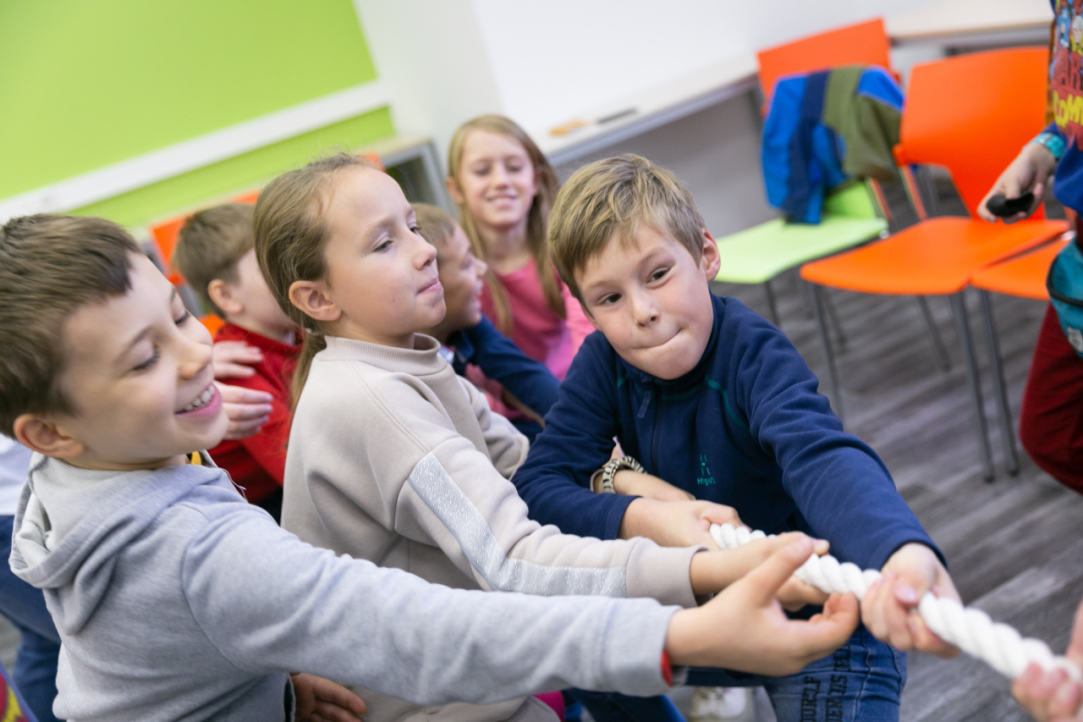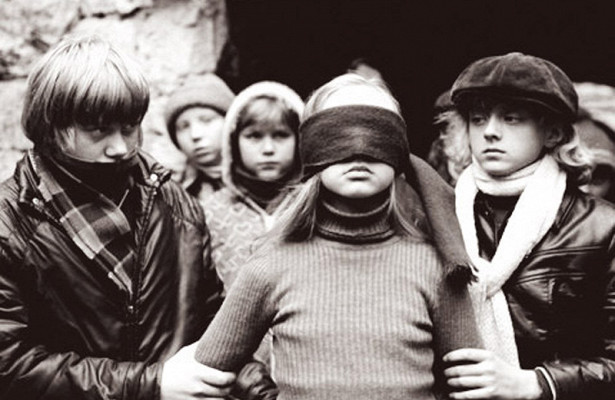
An Everyday Evil: The Spread of Adolescent Cyberbullying
Cyberbullying is a fact of life for many teens today. Psychologists have found that with age, people become inured to acts of aggression. However, cyber harassment is one of the most dangerous forms of bullying. Cyberbullying victims have nowhere to hide, while their parents often have no idea that something bad is happening to their kids, since the bullying occurs in adolescent online communities. Researchers studied cyberbullying among teenagers.

‘Why Isn’t the World Triangular?’: HSE Opens University for Kids
Begun in September, the joint project of HSE University and Moscow’s Polytechnic Museum traditionally lasts until May. HSE News Service attended some classes of the university, where we learned, alongside the university’s young students, how to cross a tightrope without falling, what the nature of mutations is, and how the Russian language is structured.

Defending Personal Boundaries: How Birth Order Affects Children’s Psychological Sovereignty
HSE psychologists have studied how the presence or absence of siblings, as well as birth order, affect children’s ability to maintainpersonal boundaries. The results showed that only children and second-born children have the strongest sense of personal boundaries, while first-born children have the least. However, as children become adults, their ability to balance between their own needs and those of others becomes determined more by gender.

The Campaign Against Bullying
Educators do not always deal with student aggression in the most effective manner. Sometimes teachers resort to severe and unsystematic methods that only make the bullying worse. According to researchers of the HSE Laboratory for Prevention of Asocial Behavior, the problem requires a comprehensive approach: aggression prevention programmes need to be incorporated into educational policy, and, in turn, schools need to foster supportive psychological climate and trust between teachers and students.
No Easy Money for Russian Schoolchildren
Normally, parents help shape their children's attitudes towards money. In their study "Adults' Perceptions of Pocket Money and Cash Rewards as Tools of Children's Economic Socialization," Alina Pishnyak and Natalia Khalina compare parental attitudes towards pocket money in the U.K., Germany, and Moscow, Russia. Their findings concerning Moscow are based on data from the Moscow and Muscovitessurvey of 3,109 adult respondents, of whom 75% were parents, conducted by the Institute of Humanitarian Megacity Development in 2014. According to the study's authors, most parents begin educating their children about money at the age of six.
Migrants Give More Births Than Locals
Women who have moved to another part of the country tend to have higher fertility than those who stay in the same community all their lives. Relocation often improves a woman's life circumstances and broadens her choice of marriage partner, thus supporting her reproductive intentions, according to Svetlana Biryukova, Senior Research Fellow of the HSE Center for Studies of Income and Living Standards, and Alla Tyndik, Leading Research Fellow at the RANEPA.

